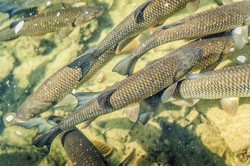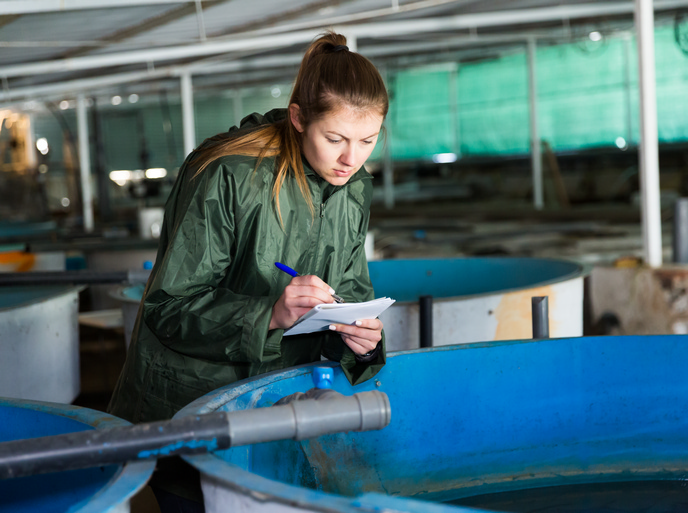More omega-3 in farmed fish
Aquaculture is a rapidly growing sector as wild fish populations decline due to long-term exploitation. There is still some way to go in designing and supplementing aquaculture feedstock to optimise levels of omega-3 fatty acids such as DHA and EPA. The EU-funded OMEGA3MAX (Maximizing marine omega-3 retention in farmed fish: Sustainable production of healthy food) initiative investigated ways to optimise fish diets for the best omega-3 fatty acid content in fish products. OMEGA3MAX studied 12 antioxidant substances as dietary supplements for farmed Atlantic salmon. The researchers found that one of the supplements enhanced DHA concentrations in the fillets and livers of the fish, compared to antioxidant-free diets. This success was confirmed in a dose-response study, although researchers found that fish growth and weight was negatively affected at the optimum doses to increase DHA concentrations. Project researchers also observed the possibility of enrich salmon fillets with gamma tocopherol (an isoform of Vitamin E) in salmon fed a diet supplemented with gamma tocopherol which is of relevance from a consumer point of view. The team also developed a method to trace test substances in the fish feed. This method can be applied to better understand how fish metabolise these compounds. Lastly, OMEGA3MAX looked at the chemical form of various fatty acids in these fish to understand the health effects more clearly. Feeding salmon with vegetable and fish oil providing different EPA + DHA concentrations does not affect their positional distribution in the fillet triacylglycerol and hence the nutritional and functional characteristics of fish fat for the consumer. The OMEGA3MAX initiative will not only improve our understanding of fish physiology, it will also have a positive impact on aquaculture. This is hugely important as society moves away from wild fish and towards farmed fish for food.







